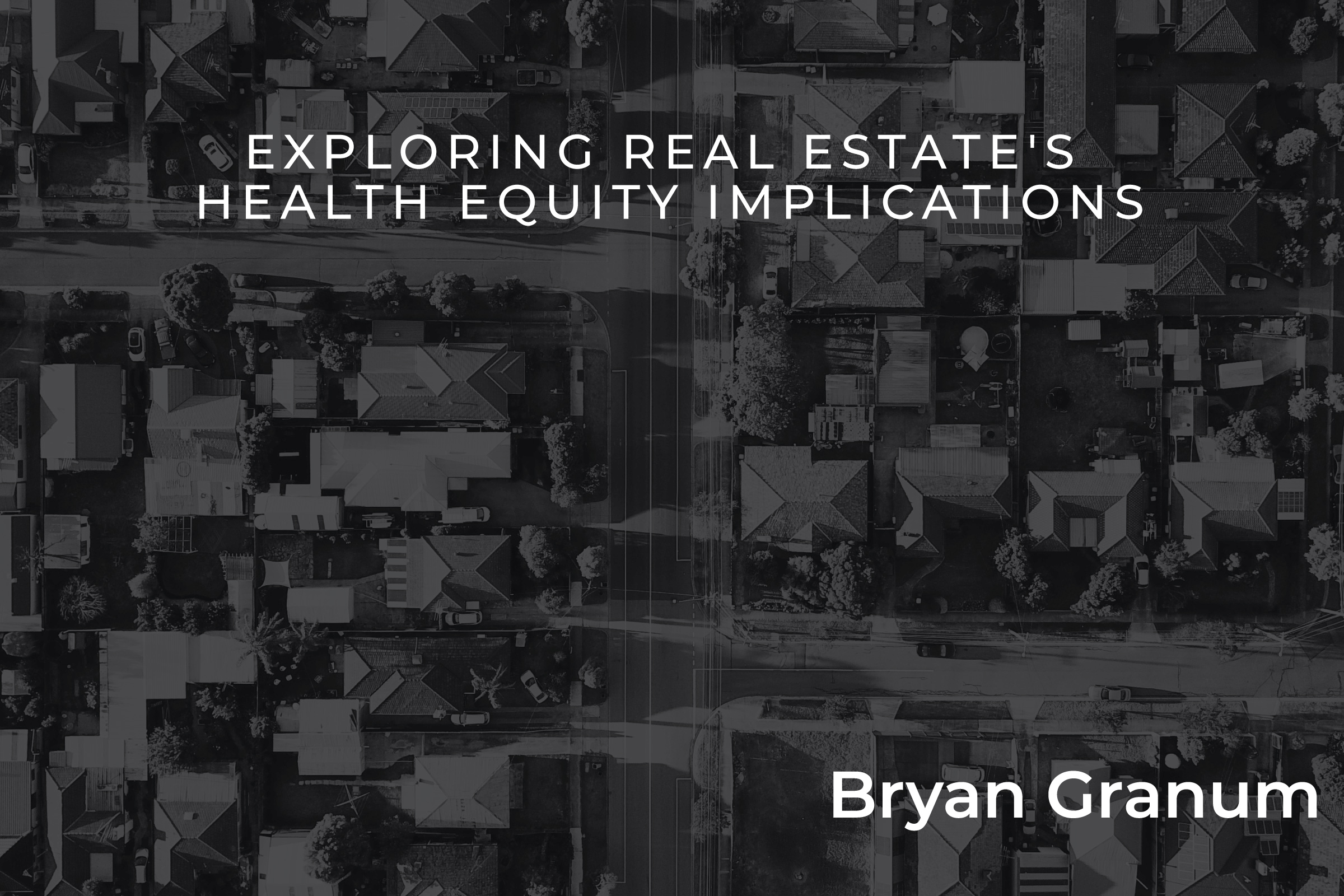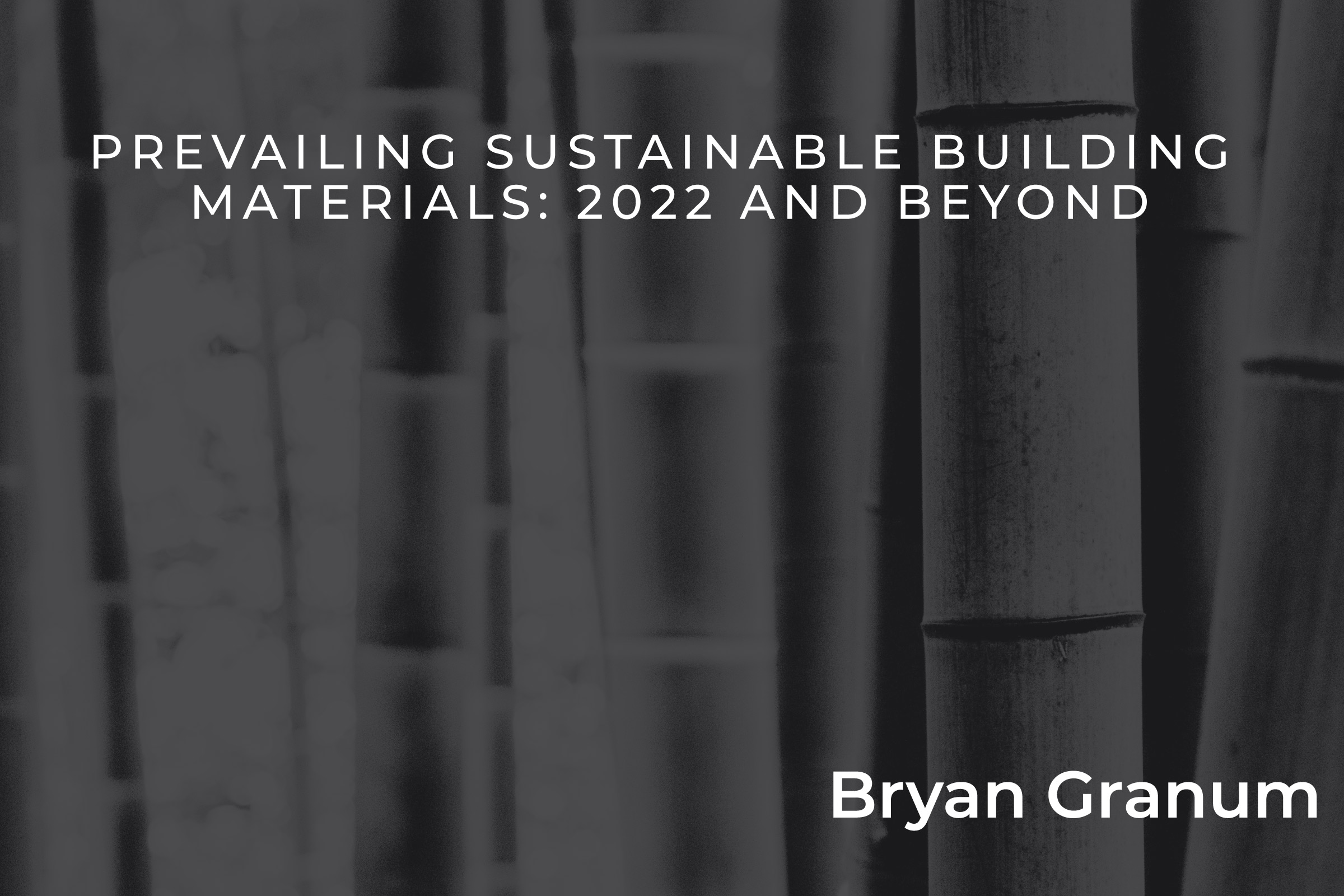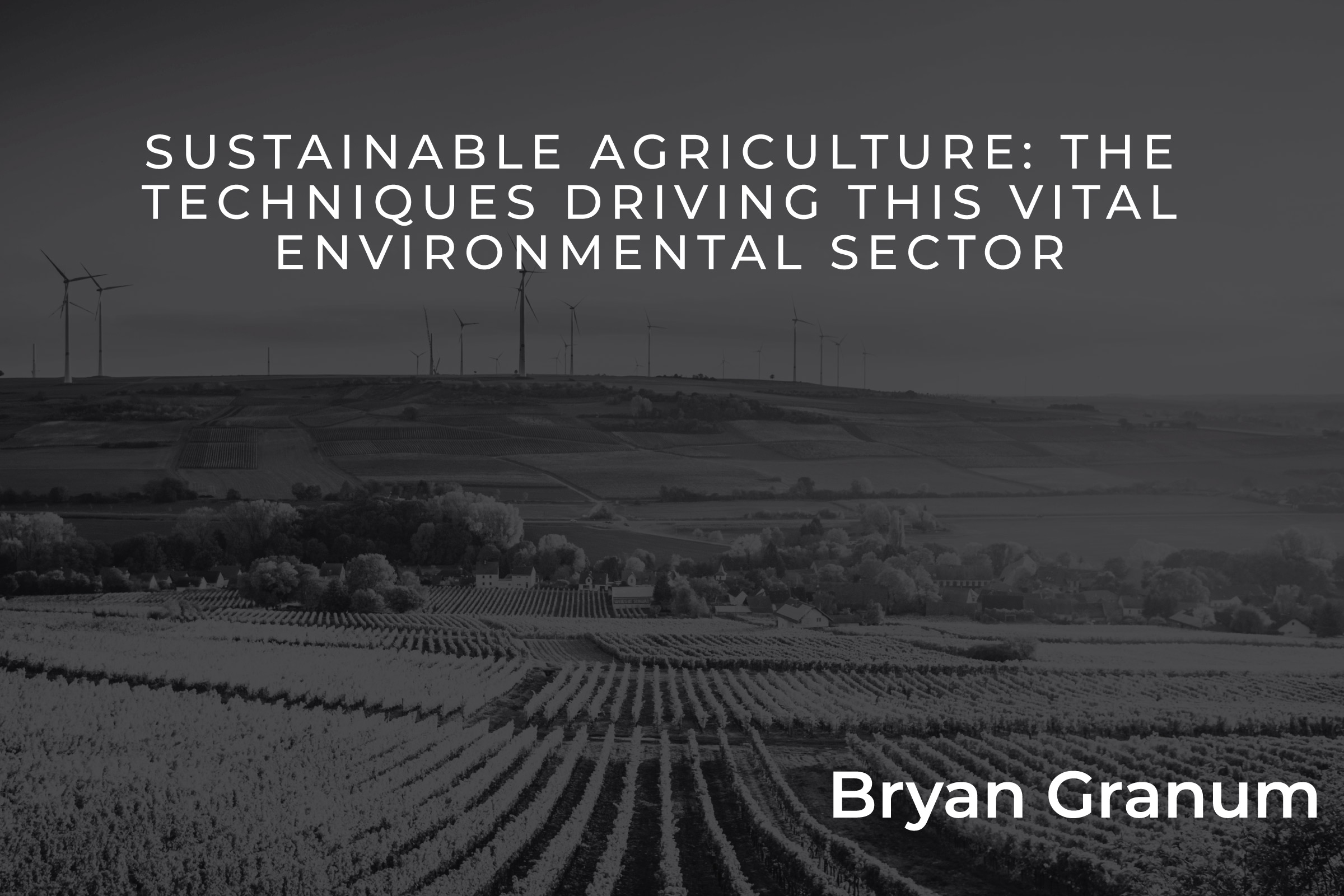ESG stands for Environmental, Social, and Governance. This term has grown in popularity over the last decade as investors are becoming more aware of how companies can impact society and the environment.
ESG investing is an investment strategy that incorporates environmental, social, and governance factors into the decision-making process when allocating capital. It’s important to know what ESG means before diving deeper into this topic.
ESG is a popular topic in the investment arena and shows up on many investors’ radar screens.
ESG covers any factor that impacts society, the environment, or the governance of a company, such as its social policy, environmental initiatives, accountability to stakeholders other than shareholders, and transparency about those factors.
Environmental, Social, and Governance
Environment impacts refer to how business operations affect the natural world; Social Impacts include human rights and working conditions, among others; Governance refers to corporate responsibility, including board composition, voting policies, and sustainability reporting disclosures.
It is worth noting that while some people may think all these things should be considered when making decisions about where they invest their money, but not everyone agrees with this strategy. There are risks involved like potentially higher investment costs and lower returns or lack of diversification.
-Environment impacts refer to how business operations affect the natural world;
-Social Impacts include human rights and working conditions, among others;
-Governance refers to corporate responsibility, including board composition, voting policies, and sustainability reporting disclosures.
ESG is Becoming An Increasingly Popular Investment Strategy
ESG is becoming an increasingly popular investment strategy for several investors. A major reason that ESG has become more popular in recent years is the increasing awareness and availability of tools that provide information on how companies perform across all four pillars or areas of sustainability.
There’s been growing pressure from large institutional investors and state policymakers demanding public disclosure around issues such as climate change risk management, board diversity, and environmental impact assessments. As capital markets have continued to evolve, there’s been an increased demand for better transparency over what firms do beyond solely generating profits (measured by their share price).
The long-term outlook may be mixed, but it seems likely we’ll see even greater momentum towards sustainable investing over the next decade.




